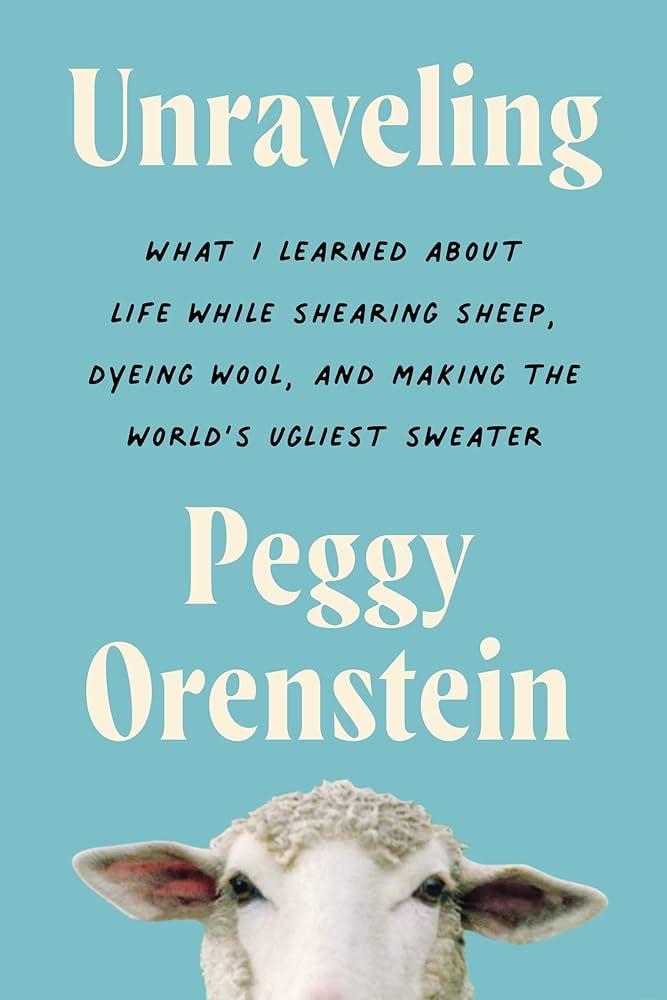Unlocking the Secrets of Detox Diets: An Expedition into Myth and Reality
Delicately presented on our screens, the avalanche of detox diet advertisements tantalizes us with promises of renewed vitality, glowing complexions, and a transformed sense of self. These miraculous potions, potions which claim to rid our bodies of impurities and rejuvenate our weary souls, have become a ubiquitous element in our wellness-obsessed culture. But hidden away beneath the glossy veneer of detox mania lies a deep chasm of uncertainty. Are these diets truly the elixirs of life they’re purported to be, or are they simply camouflaged in a tapestry of mythical allure? It’s time to venture beyond the curtain, separating the whispers of fiction from the whispers of truth, as we embark on an intrepid exploration into the perplexing universe of detox diets. Prepare your skepticism, adjust your expectations, and join us as we navigate this labyrinth of health claims with an unwavering commitment to uncovering the reality behind the myth.
Detox Diets: Fueling False Promises
The Reality Behind Detox Diets
Detox diets - a trend often embraced by those seeking quick fix solutions for weight loss or a fresh start – are believed by many to cleanse the body of toxins and reset the system. However, separating myth from reality is essential when examining the effectiveness and potential dangers of these popular diets.
While detox diets may offer short-term benefits, such as an initial burst of weight loss or increased energy levels, the underlying claims of eliminating toxins from the body are often unfounded. The human body naturally possesses efficient detoxification systems, such as the liver and kidneys, designed to remove harmful substances. These organs play a vital role in cleansing the body, making the idea of relying solely on a detox diet for detoxification unnecessary and potentially harmful.
The Dangers of Detox Diets
Embarking on a detox diet without proper guidance or understanding can lead to adverse effects. Some common dangers associated with detox diets include:
- Nutritional deficiencies: Detox diets usually restrict the intake of certain food groups, leading to potential deficiencies in vital nutrients.
- Dehydration: Many detox diets promote excessive fluid loss, which can leave the body dehydrated and negatively impact overall health.
- Muscle loss: Severely low-calorie detox diets can cause muscle wasting, leading to a decrease in metabolism and long-term weight gain.
In conclusion, while detox diets may seem alluring with their promises of improved health and weight loss, it is crucial to look beyond the hype and understand the scientific reality. Prioritizing a balanced diet rich in fruits, vegetables, whole grains, and lean proteins, combined with regular exercise, remains the most effective and sustainable way to support the body’s natural detoxification systems and overall well-being.

The Science Behind Detoxification: Unveiling the Truth
Detox diets have become increasingly popular in recent years, with many people turning to them as a way to cleanse their bodies and improve their overall health. But what is the science behind detoxification, and how do these diets really work? Let’s separate myth from reality and delve into the truth behind detoxification.
-
Detoxification is a natural process: Our bodies have their own built-in detoxification systems, primarily centered in the liver, kidneys, and digestive system. These organs work together to filter and eliminate toxins from our bodies on a daily basis. Detox diets claim to enhance this natural process by providing additional nutrients and antioxidants that support the organs’ function. However, there is little scientific evidence to support the idea that these diets are more effective than our bodies’ natural detoxification processes.
-
Weight loss may be temporary: Many detox diets promise rapid and significant weight loss. While it’s true that most people will experience weight loss while on these diets, it’s important to recognize that much of this weight loss is due to water weight and muscle loss, rather than fat loss. Once the diet is over and normal eating patterns resume, the lost weight is often quickly regained. It’s also worth noting that prolonged or extreme detox diets can be harmful, leading to nutrient deficiencies and other negative health effects. Before embarking on any detox diet, it’s important to consult with a healthcare professional to ensure it is safe and appropriate for your individual needs.
In conclusion, while detox diets may sound appealing and promising, it’s important to approach them with caution and a critical eye. The science behind detoxification shows that our bodies are already equipped to eliminate toxins naturally, and extreme or prolonged detox diets may do more harm than good. It’s always best to prioritize a balanced and healthy lifestyle that includes a variety of nutrient-rich foods, regular exercise, and adequate hydration, rather than relying on quick-fix fads.
Navigating the Detox Diet Maze: Practical Guidelines for Safe Detoxification
Detox diets have gained immense popularity in recent years, promising to flush out toxins, boost energy levels, and promote weight loss. However, separating myth from reality when it comes to these diets can be a daunting task. With countless detox plans available, it’s essential to navigate this maze and ensure safe detoxification.
To begin with, it’s important to debunk some common misconceptions surrounding detox diets. One prevailing myth is that detox diets are a quick fix for weight loss. While these diets may lead to initial weight loss, it is primarily due to water weight and loss of muscle mass, rather than sustainable fat loss. Another misconception is that detox diets rid the body of toxins. In reality, our bodies have built-in detoxification systems, primarily the liver and kidneys, that work continuously to remove waste and toxins. Detox diets may provide temporary relief, but they are not a cure-all for detoxification.

Unraveling Detox Diet Claims: Evidence-Based Recommendations
Detox Diets: Separating Myth from Reality
Detox diets have become increasingly popular in recent years, promising to cleanse and rejuvenate the body. With so many claims and conflicting information out there, it’s essential to separate the myths from the reality. In this post, we will explore evidence-based recommendations to help you navigate through the world of detox diets and make informed decisions about your health.
The Science Behind Detox Diets
Detox diets are often marketed as a way to rid the body of toxins, boost energy, and promote weight loss. However, it’s crucial to understand the science behind these claims. Our bodies have a natural detoxification system that includes the liver, kidneys, lungs, and skin. These organs work together to eliminate waste and toxins, so there is limited scientific evidence to support the idea that detox diets significantly enhance this process.
Evidence-Based Recommendations
When it comes to detox diets, it’s important to focus on evidence-based recommendations to protect your health and well-being. Here are some tips to consider:
- Consult a healthcare professional before starting any detox diet to ensure it is safe and suitable for your specific needs.
- Aim for a balanced and varied diet that includes a wide range of nutrients.
- Avoid extreme and restrictive detox programs that can lead to nutrient deficiencies and potentially harm your body.
- Stay well-hydrated by drinking plenty of water throughout the day.
Remember, a healthy lifestyle that includes regular exercise, a nutritious diet, and adequate sleep is the foundation for overall well-being. While detox diets may offer short-term benefits such as an initial weight loss, the key to long-term health lies in sustainable and evidence-based practices.
To Wrap It Up
As we reach the end of this enlightening journey through the realm of detox diets, one thing becomes abundantly clear: separating myth from reality is no easy feat. We have dared to delve into the depths of this controversial topic, guided by the steady hand of reason and the bright beacon of scientific evidence. Our quest has led us through treacherous terrain teeming with pseudoscience and lofty promises, but we have remained steadfast in our pursuit of truth.
In our pursuit, we have discovered that detox diets, shrouded in glamour and mystique, often fail to deliver on their extravagant claims. The notion that our bodies are riddled with harmful toxins that can be mercilessly purged through a 10-day juice cleanse or a miracle potion is not supported by solid scientific evidence. That’s not to say that our bodies don’t process and eliminate toxins naturally; they do so with the help of organs like the liver and kidneys, which are designed for this very purpose.
But amidst the murky depths of misinformation, we must not dismiss the kernel of truth that lies within the concept of detoxification. By understanding and supporting our body’s intrinsic detoxification mechanisms through a balanced diet, adequate hydration, regular exercise, and healthy lifestyle choices, we can optimize our natural ability to eliminate harmful substances. This, in turn, leads us to a more vibrant and energized state of being.
So, dear reader, as we bid farewell to our exploration of detox diets, let us embark on a new chapter in our quest for wellness. Armed with knowledge, we shall navigate with discerning eyes, wary of quick fixes and outrageous claims. Let us embrace a proactive approach to our well-being that celebrates balanced nutrition, mindful living, and the innate wisdom of our bodies.
May this adventure serve as a reminder that the pursuit of health should be rooted in science, compassion, and a dedication to sustainable practices. Detox diets may shimmer alluringly, promising the world within a slender bottle, but in the end, it is our own self-awareness and informed choices that truly hold the power to transform.


